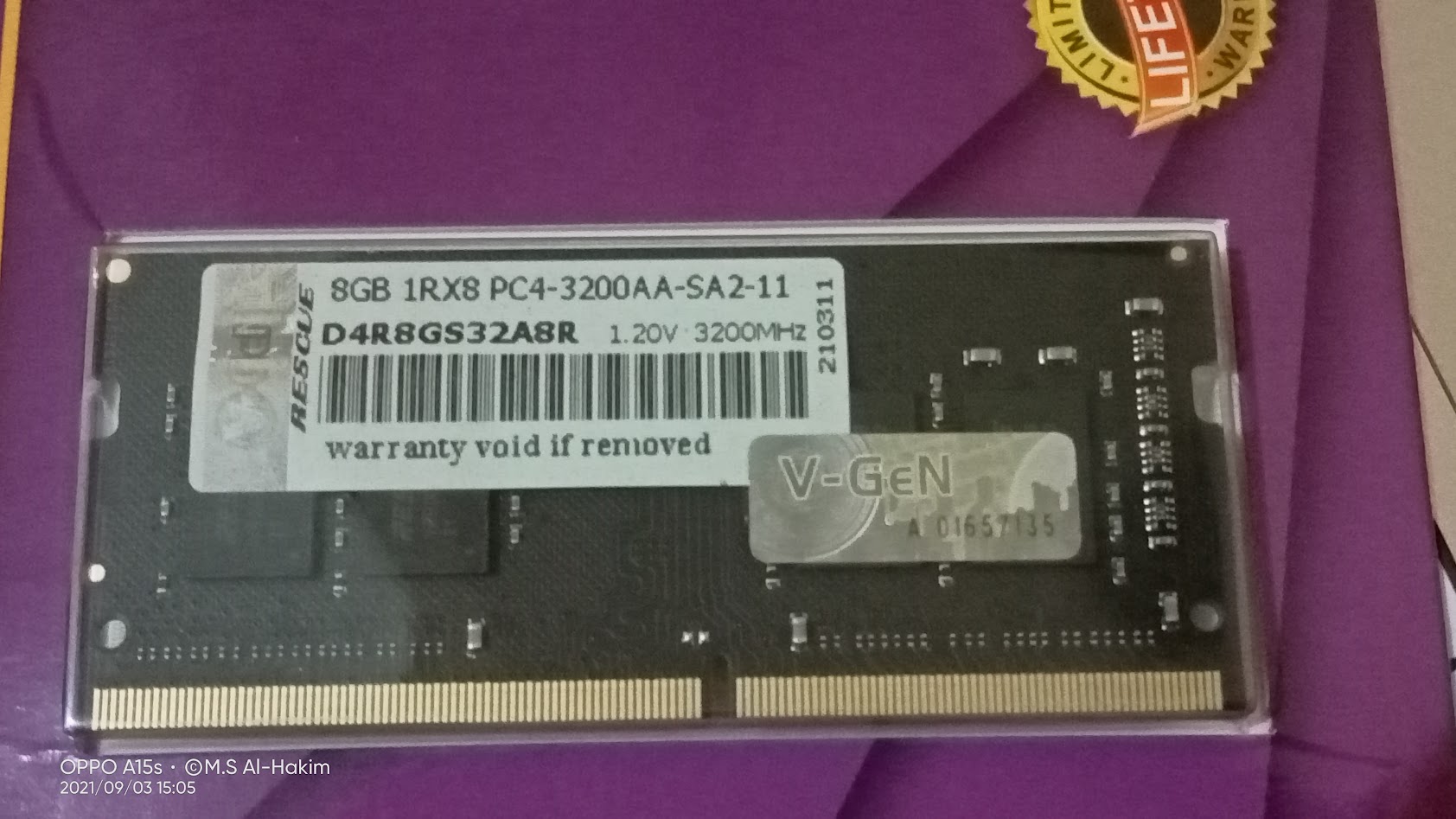Comparing: SanDisk Cruzer Blade 16GB vs DDR4 SODIMM 3200MHz [Disk]
In this comparison, we analyze two Disks: SanDisk Cruzer Blade 16GB and DDR4 SODIMM 3200MHz [Disk], using synthetic benchmark tests to evaluate their overall performance. This side-by-side comparison helps users understand which hardware delivers better value, speed, and efficiency based on standardized testing. Whether you're building a new system or upgrading an existing one, this benchmark-driven evaluation offers valuable insights to guide your decision.

SanDisk Cruzer Blade 16GB
| Type: | Disks |
|---|---|
| Model: | Cruzer Blade 16GB |
| Capacity: | 16GB |
| Interface: | USB 2.0 |

DDR4 SODIMM 3200MHz [Disk]
| Type: | Disks |
|---|---|
| Model: | DDR4 SODIMM 3200MHz [Disk] |
| Capacity: | 2 GB |
| Interface: | DDR4 |
Specification Comparison Table
| Specification | SanDisk Cruzer Blade 16GB | DDR4 SODIMM 3200MHz [Disk] |
|---|---|---|
| Brand | SanDisk | - |
| Format | USB FlashDrive | RAM Disk |
| Capacity | 16GB | 2 GB |
| Interface | USB 2.0 | DDR4 |
Submission Comparison Table
| Benchmark Software | SanDisk Cruzer Blade 16GB | DDR4 SODIMM 3200MHz [Disk] |
|---|---|---|
| ATTO Disk Benchmark - 64M |
Read: 21.46 MB/s Write: 9.10 MB/s |
Read: 5740.00 MB/s Write: 6020.00 MB/s |
| Cross Platform Disk Test |
Read: 26.98 MB/s Write: 4.21 MB/s |
Read: 4070.00 MB/s Write: 1690.00 MB/s |
| CrystalDiskMark |
Read: 24.94 MB/s Write: 16.33 MB/s |
Read: 7844.91 MB/s Write: 12726.74 MB/s |
About Hardware SanDisk Cruzer Blade 16GB
SanDisk Cruzer Blade 16GB is a smaller capacity variant of the Cruzer Blade series, using a USB 2.0 interface. Suitable for storing document files or as backup storage at an economical price.
With a compact and lightweight design, this flash drive is easy to carry around, although it does have a lower transfer speed compared to USB 3.0.
Wednesday, 05 April 2023 17:18:31 | Update: 1 month ago
About Hardware DDR4 SODIMM 3200MHz [Disk]
DDR4 SODIMM 3200MHz is a DDR4 SODIMM RAM module with a speed of 3200MHz, offering increased bandwidth and power efficiency over DDR3. It is commonly used in modern laptops to improve multitasking performance and heavy applications.
In this case, this RAM is configured as a RAMDisk, which means that part of the RAM capacity is allocated as high-speed temporary storage. With a RAMDisk, files can be accessed faster than using an SSD, making it an ideal solution for data caching or temporary file processing that requires extreme speed. In this experiment, the RAMDisk is used for data storage and speed testing only.
Friday, 06 August 2021 04:34:19 | Update: 1 month ago
